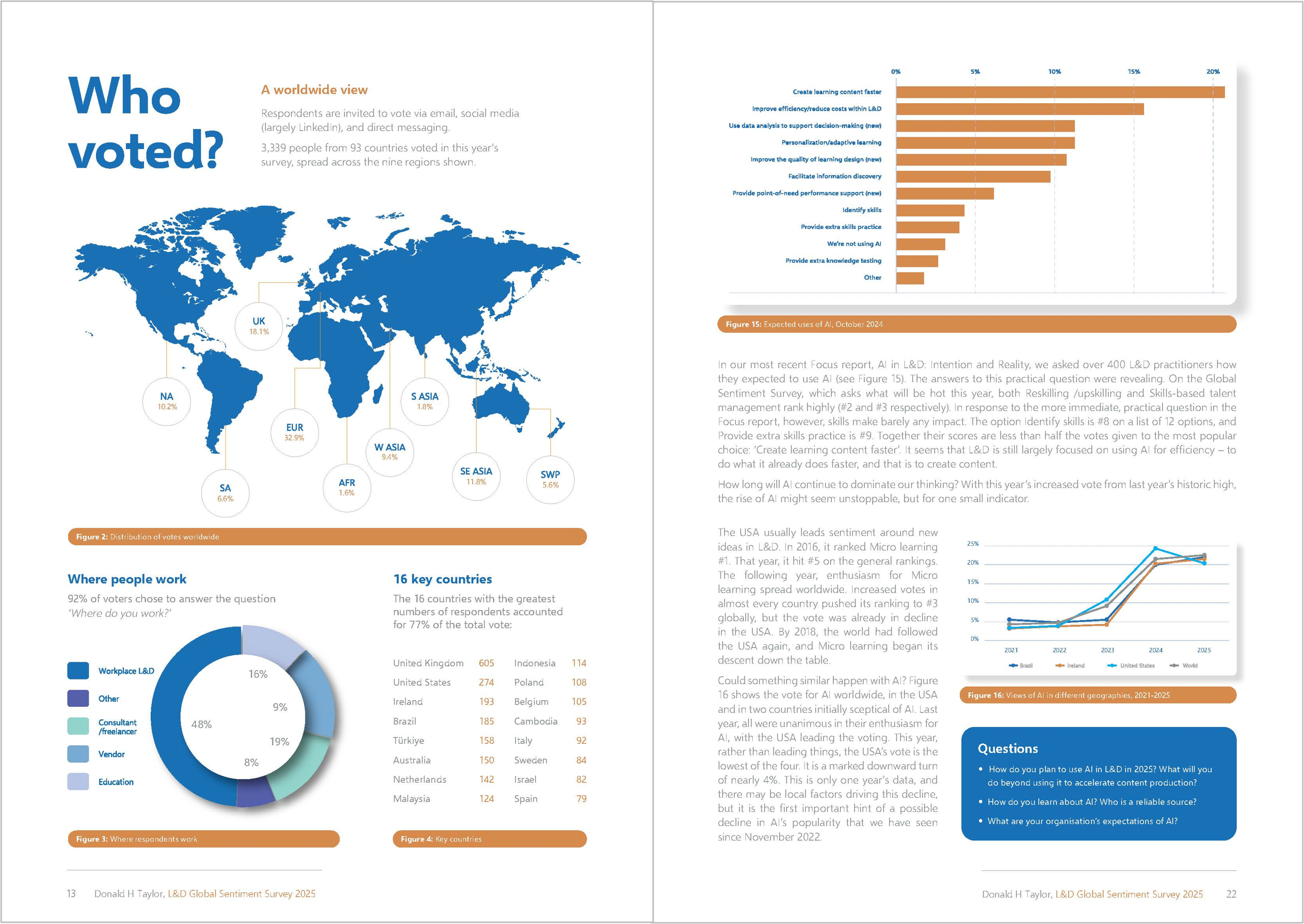Competency frameworks, Learning and Development and the CIPD

According to the recent CIPD annual L&D survey, competency frameworks are gaining ground:
Sixty per cent of organisations have a competency framework in place for their staff, and just under half (48%) of those who haven’t say they intend to introduce one in the next two years.
I’m delighted that 4 of the report’s 35 pages are devoted to competencies, and show them to be essential to modern L&D, but is everything as rosy at it seems?
What lies beneath these impressive headline figures?
Having been involved in competency frameworks for a while (including the last 5 years, at InfoBasis), one thing in particular strikes me about the findings.
There is a focus on general competencies such as Communication Skills (in 63% of frameworks), People Management Skills (59%) and Team Skills (58%). Despite the very generic nature of these competencies, most frameworks are either developed entirely in-house (52%) or in-house with the aid of consultants (33%). Only 8% ‘use an external framework provided by an external organisation’.
Spot the oddity?
Why do 85% of organisations using frameworks think it necessary to define their Communication, Management and Team skills from scratch?
I’ve written before about the value in using a competency framework designed externally but here’s a bullet-point summary of some of the benefits of what externally-provided frameworks:
- Faster route to implementation (building your own framework takes time – plenty of it)
- Work-tested by others (tweaking your framework takes almost as long)
- No cost to maintain the framework after development
- Resources (courses etc) may be mapped to the framework now or in the future
- Possibility to compare data with other organisations using the same framework
- Advantage of neutrality during implementation (skills definitions are not seen as reflecting the views of one particular organisational group)
For sure, sometimes organisations must develop their own competency frameworks to reflect their particular circumstances. Indeed, at InfoBasis we have a library of over 100 competency frameworks, most of them unique to individual customers, but this happens less frequently than you might think, and is almost never necessary for generic skills.
CIPD Adviser for Learning, Training and Development Martyn Sloman puts it succinctly in the accompanying ‘reflections’ document, which goes beyond the report data:
A search of both the CIPD library and the web will uncover countless competency listings containing [skills such as communication, people management and customer service], but training and learning managers are clearly determined to do the job of formulating a framework themselves.
The sense of frustration is clear – especially when you consider Sloman’s title: ‘Competencies – stop worrying about the theory, just implement’. (Incidentally the reflections document is worth downloading for the the other contributions, too, notably those from Charles Jennings on organisational strategy and Daniel Wain on HR’s capacity for self-deception).
So, if you are interested in using competency frameworks, may I suggest two things? First, talk to colleagues in similar organisations about what they are doing? (It isn’t plagiarism, it’s research!) Second, see what’s already out there, including perhaps these links:
- CIPD fact sheet on competencies
- JGP skills frameworks library for the public sector
- Skills Framework for the Information Age for IT professional skills, browse the framework
- List of Sector Skills Councils – yours might know of a competency framework in your field
A little research up front could save you a lot of time further down the line.
Disclosure: the JGP skills frameworks library and sfia3.com are powered by InfoBasis software. I am an unpaid volunteer on the SFIA Steering Committee


